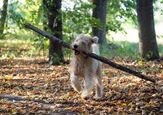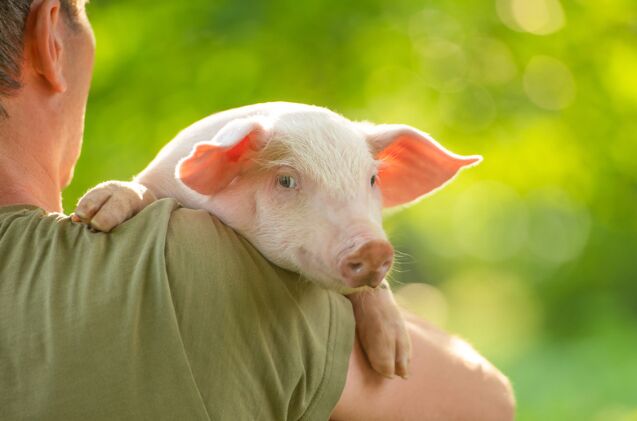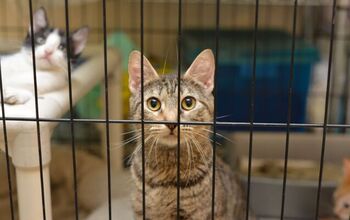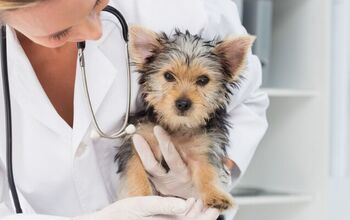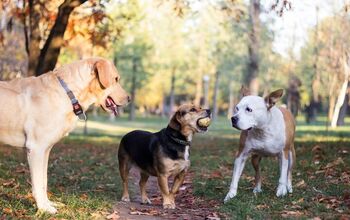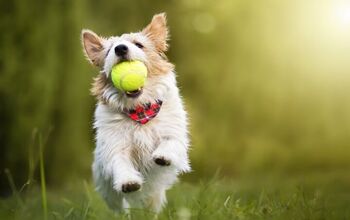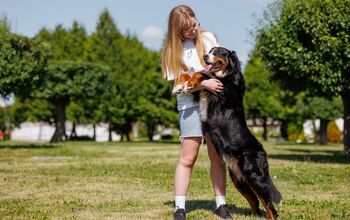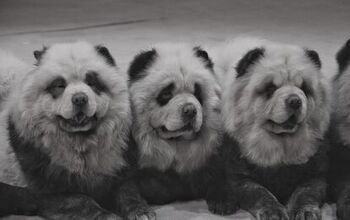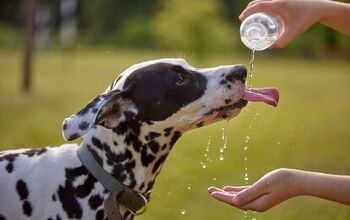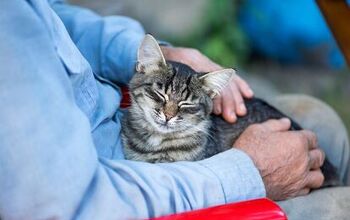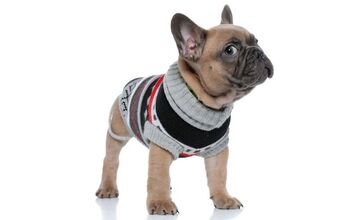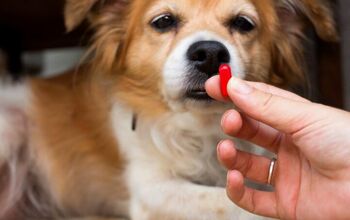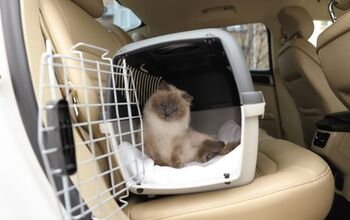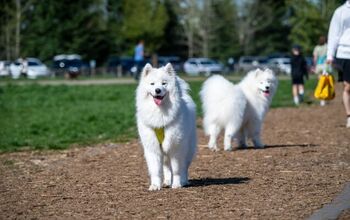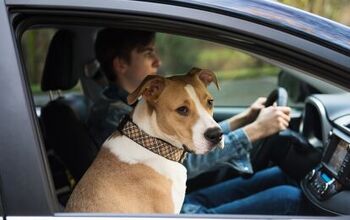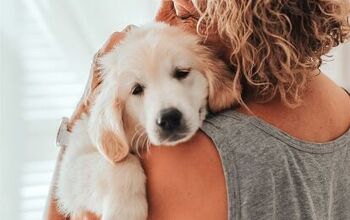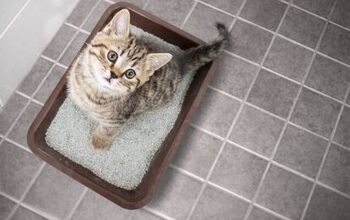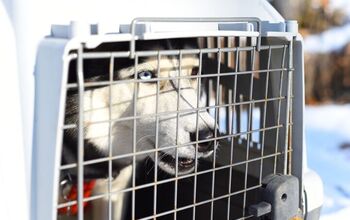Study Finds Pet Pigs Don't Bond with Their Humans Like Dogs

Have you always dreamt of bringing a pet pig into your home? Have you seen any adorable social media videos of cute companion pigs behaving like dogs as they interact with their people?
A recent study published in Scientific Reports reveals that these videos may be misleading. Comparing the behaviors of companion pigs and dogs, the researchers discovered that the two species respond with noticeably different behavior patterns when interacting with people, including their owner and a stranger.
Most importantly, they found that pet pigs don’t develop the special pet-owner attachment with their humans that we see in dogs.
The findings are significant when you consider the role that pets play in society today. Once seen as valuable for their work in farming, protection, and other tangible roles, most pets today are kept instead solely for companionship.
According to a survey conducted by the Human Animal Bond Research Institute (HABRI), 95% of pet owners consider their pets a part of the family, and 90% reported having a close relationship with them. With the bond and relationship being so important, owners of companion pigs may be surprised to learn that their four-legged friend may not share the same sentiment.
Does this mean that pigs can’t fill this important companion role? Not at all!
“Like dogs, pigs are also group-living and extremely social animals, and when kept as companions, they have a similar role in human families to that of dogs,” explained Paula Perez Fraga from the Neuroethology of Communication Lab at the ELTE Department of Ethology and co-first author of the study.
Pigs are social animals, allowing them to be domesticated and thrive on regular interaction with their person. They can even be trained using food rewards and positive reinforcement, much like dogs.
However, as shown in the study, they do not form an attachment to their people.
For the purposes of the study, attachment refers to relationships like infant-mother bonds in which one being depends on the other, relying on them for security and a better chance of survival. They also learn through being in proximity to their companion. When comparing the dogs and pigs in the study, the researchers specifically looked for three behaviors:
- Actively seeking contact and to be near their companion both during their regular daily routine and in case of danger.
- Separation distress when their companion is absent.
- Specific behavioral changes when reunited with their companion.
Not only does this study shed light on the possible role of pets as companions, but it also reveals new insights into the role of dogs and their growing popularity as pets. After all, if we view pets as family members, or “fur kids,” as many state, it stands to reason that we would want to have the close attachment-style relationship associated with a mother-child connection.
“This finding suggests that the domestication process and intense human socialization alone are not enough to trigger human-analog attachment behavior to the human caregiver in animals,” concluded Anna Gabor, first author of the study. “We argue that dogs were selected for dependency on and for working in intense cooperation with humans, which is a unique characteristic of dog domestication.”
What does this all mean for us as pet parents? If you’re looking to add a new member to the family, take a moment to consider the relationship and interactions you desire. A companion pig may be a great fit if you’re looking for a social but less dependent pet. However, a dog will likely be a better option if you’re looking to form that close caregiver relationship.
Join the PetGuide community. Get the latest pet news and product recommendations by subscribing to our newsletter here.

Britt Kascjak is a proud pet mom, sharing her heart (and her home) with her “pack” which includes her husband John, their 2 dogs – Lucifer and Willow – and their 2 cats – Pippen and Jinx. She has been active in the animal rescue community for over 15 years, volunteering, fostering and advocating for organizations across Canada and the US. In her free time, she enjoys traveling around the country camping, hiking, and canoeing with her pets.
More by Britt
